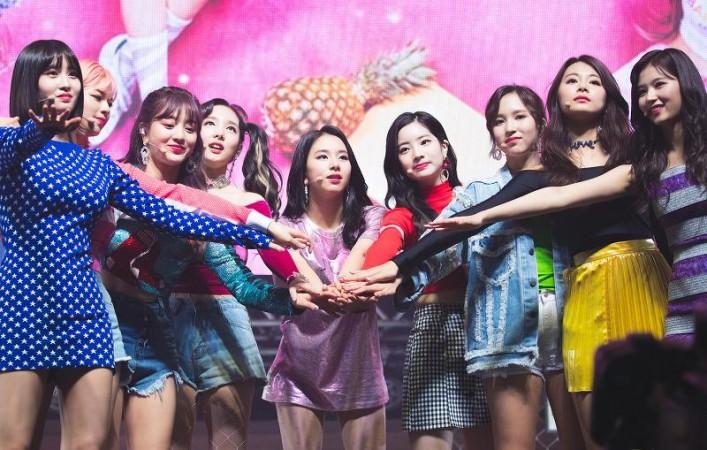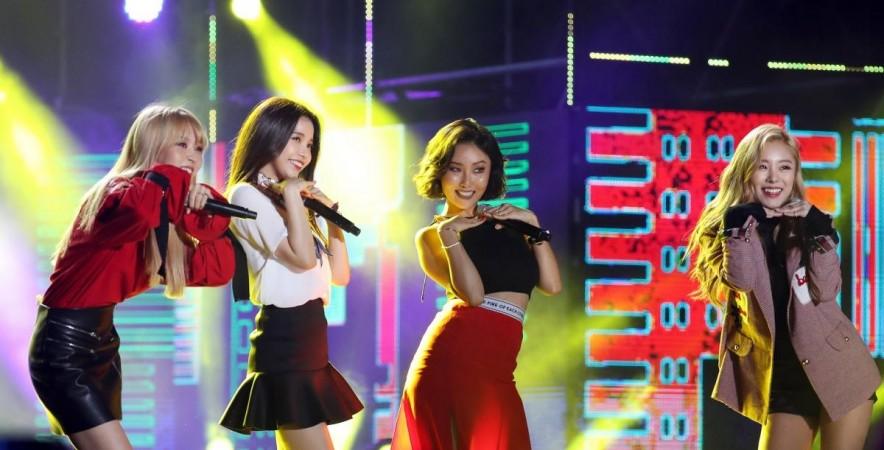
Some K-pop stars' accounts have been blocked from view on TikTok's China equivalent, Douyin, Reuters' checks showed on Friday (July 17), days after South Korea's media regulator slapped fines on the short-video app for data privacy noncompliance.
The reasons for the blocks were unknown, but the move also comes after remarks by US Secretary of State Mike Pompeo that the United States is "certainly looking at" banning Chinese social media apps, including TikTok.
South Korea's communications regulator on Wednesday fined TikTok, the publisher of the app, 186 million won (S$200,000) for collecting personal information of children under 14 years of age without consent from guardians and failing to disclose or notify when sending personal information overseas.
TikTok was required to submit voluntary preventative measures within 30 days, and the regulator planned to continue discussions with TikTok on information security issues, a Korea Communications Commission official said.

Accounts of K-Pop stars such as Rain, TWICE, Mamamoo and HyunA were blocked from view on Douyin as of Friday.
Douyin and TikTok operated independently and the accounts were working normally on TikTok, a TikTok spokeswoman said.
Representatives for Douyin did not immediately respond to a request for comment.
TikTok and Douyin are both owned by Chinese company ByteDance.
The Chinese ownership of TikTok, among the fastest growing digital platforms ever, has come under heavy scrutiny on issues including its handling of user data. India banned TikTok and other Chinese apps in June. Douyin is unavailable on app stores outside of mainland China.
ByteDance has quietly made a series of moves in recent months to transfer global decision-making and research capabilities out of China, Reuters reported in May.
The K-pop stars' management agencies did not comment.
China accumulated 196.6 million downloads of Douyin as of the first quarter, or 9.7 per cent of more than two billion TikTok downloads in total, according to data from industry site Sensor Tower.
K-Pop concerts, tourism and South Korean businesses were hit hard by a Chinese boycott in 2017 after Seoul deployed a US-made missile defence system despite Beijing's objections.
Hopes of a thaw in relations grew earlier this year amid plans for a possible visit to Seoul by Chinese President Xi Jinping.











